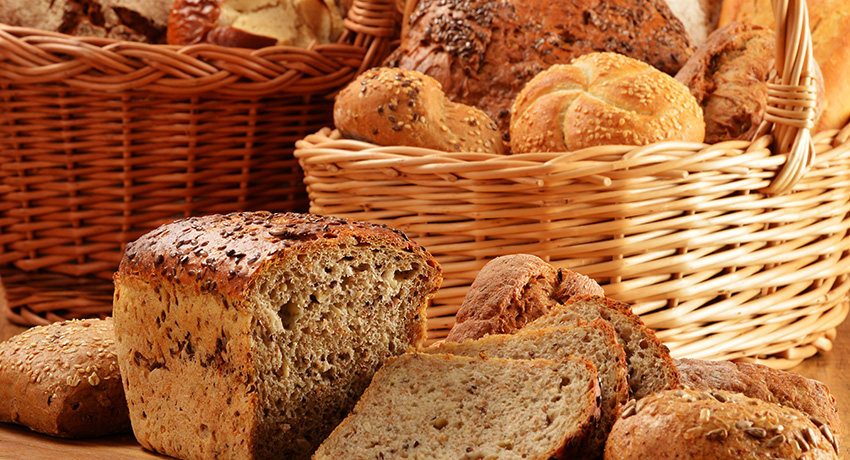Could a Cambridge Company Find the Cure for Celiac Disease?

Definitely not gluten-free breads. Photo via Shutterstock
Gluten-free bread. Gluten-free cookies. Gluten-free whoopee pies. Gluten-free pasta. Gluten-free beer. Gluten-free gluten. It seems like everything and everyone is going gluten-free these days, and for people with celiac or gluten sensitivity, having all of these new food choices is exciting.
For the three million Americans suffering from celiac disease, ingesting gluten—found in wheat, barley, rye, and some oats—can cause a reaction that damages the lining of the small intestine. The condition can also prevent the absorption of important nutrients from food. And as we covered in the February issue of Boston magazine, gluten-free bakeries in Massachusetts are booming.
But what if there was no such thing as “gluten-free” because celiac and gluten sensitivity were irrelevant? That’s exactly what Kendall Square biotech start-up ImmusanT is trying to do, which is, basically, banishing celiac forever. ImmusanT is currently conducting clinical trials for its celiac vaccine called NexVax2, which is under “fast-track” designation from the Food and Drug Administration for diseases in which no comparable therapies exist yet.
According to the Globe, ImmusanT’s drug is at an early stage of development but so far tests look promising:
In his research, Anderson had latched on to a key catalyst: the three gluten peptides that are believed to be at root of the reaction patients suffer from gluten. NexVax2 essentially tries to reeducate the immune system to tolerate those peptides. Initial study results indicate that ImmunsanT has identified the correct peptides, and that Nexvax2 is safe to take — two important steps.
But, like with all new studies, there are some drawbacks. The Globe report also says:
Still, there are many questions. For one thing, ImmunsanT’s early volunteers maintained gluten-free diets during the study, so its not clear how well the vaccine works in the presence of gluten. And it will work only for an as-yet undefined subset of celiac sufferers.
While the vaccine still needs to be tested and studied, it’s still promising that researchers are working on something that Dr. Alessio Fasano, a celiac researcher at Massachusetts General Hospital, (who is not connected to ImmusanT), tells the Globe would be “the Holy Grail” in celiac research.

